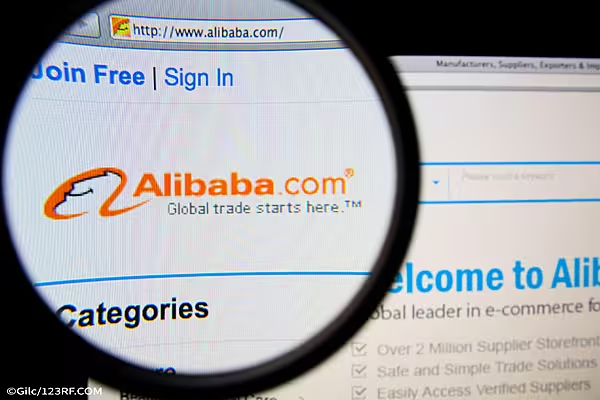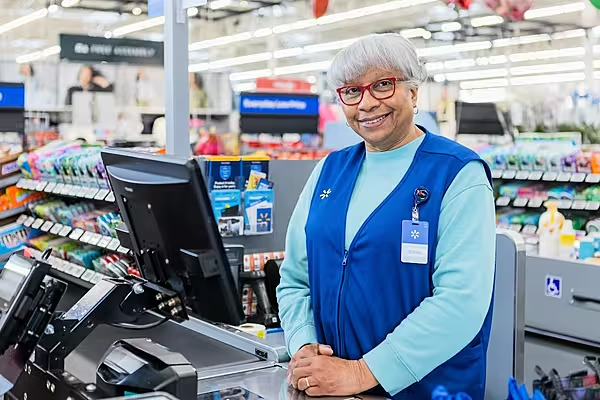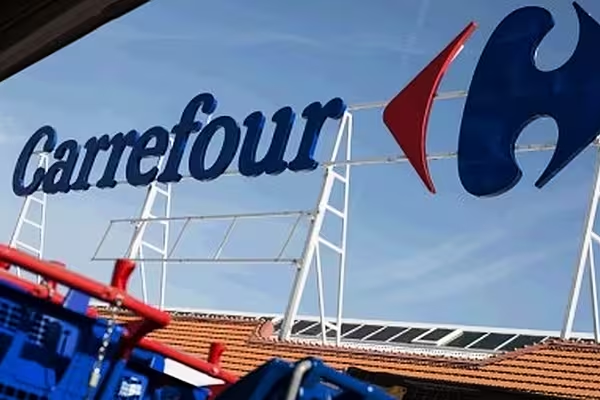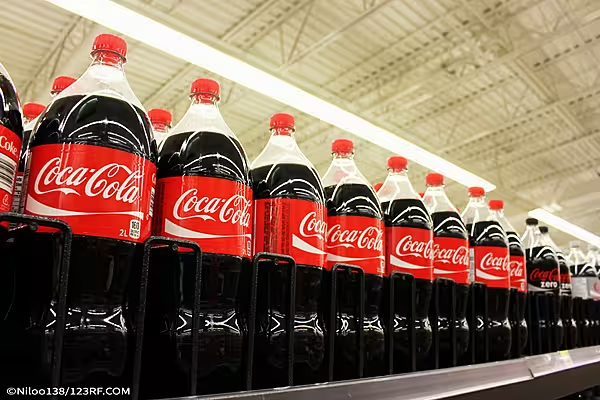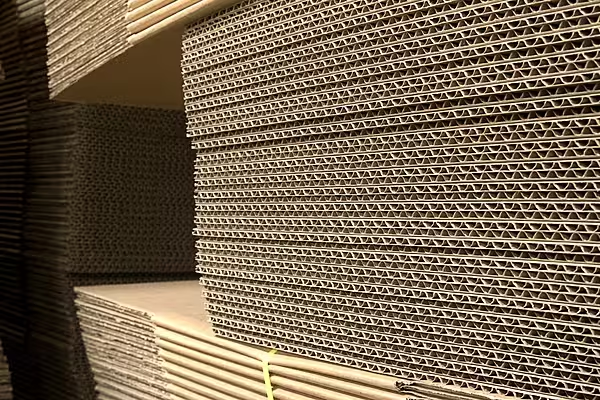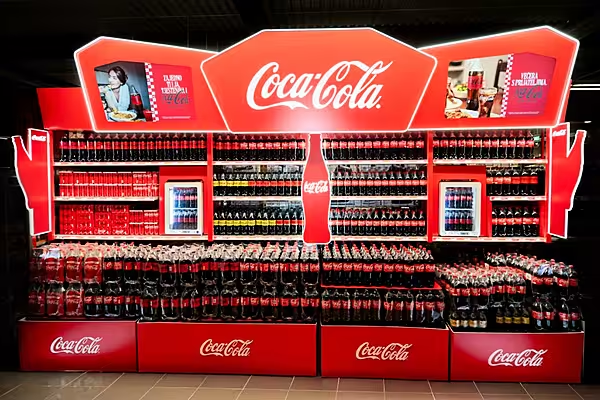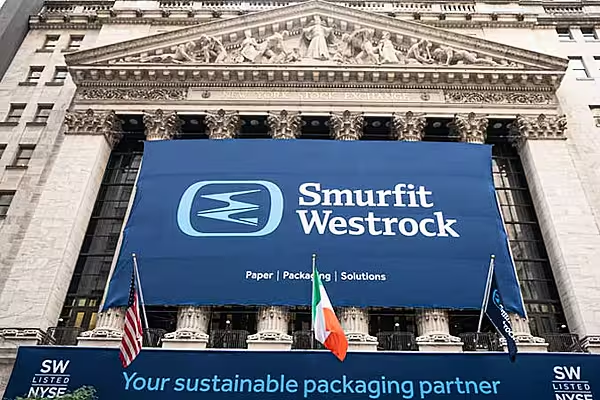Smurfit Kappa has said that a decline in demand for its boxes slowed further in the third quarter, while it saw tentative improvements in its German order books that could bode well for a return to volume growth.
The Irish group, which is Europe's largest paper packaging producer, benefited from a boom in demand for packaging goods and e-commerce during COVID-19 lockdowns.
But a fall in volumes when economies reopened and consumers spent more on travel and other services contributed to an 8% decline in core profit in the first nine months of 2023.
Outlook
Smurfit Kappa, which agreed an $11 billion deal to buy US rival WestRock in September, said in a trading update that it expects full-year core profit to fall by almost 13% to around €2.05 billion.
That would still be up sharply on the €1.7 billion recorded in 2021.
Smurfit's shares rose 2.8% in early trading on the improved trend in box demand.
It said demand from its customers was around 2% behind 2022 levels in the third quarter versus -7% and -5% in the first and second quarters, respectively.
CEO Tony Smurfit said he expected the trend to continue with orders in Germany, which had been a "true laggard" this year, up somewhere between 8% and 10% in the last month or so.
'Normalisation' Of Businesses
"I was at a customer event last week in Germany and there is certainly more optimism," Smurfit told an analyst call.
"I don't think we're necessarily seeing any of the durables coming back yet, but I think you're seeing the normalisation of the food and drink business and the FMCG (fast-moving consumer goods) business coming back to more normalised levels".
Smurfit added that he was reticent to call that a long-term trend in Europe's biggest packaging market after an uptick in Germany in April fizzled out over the summer.
After increasing the prices customers pay for its boxes by up to 40% throughout 2021 and 2022, prices fell for the second quarter in a row, down around 6% quarter-on-quarter.
Smurfit's CEO reiterated that he expected box prices to rise again once demand recovers.

